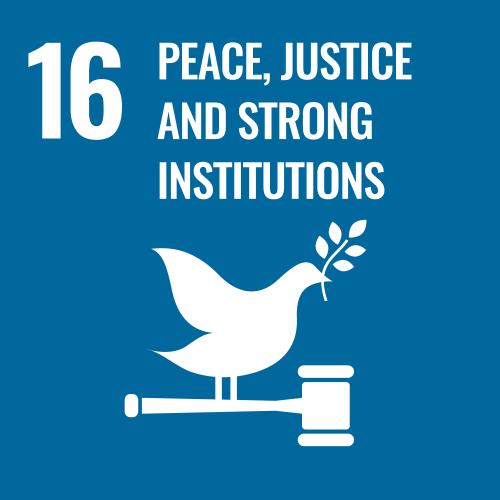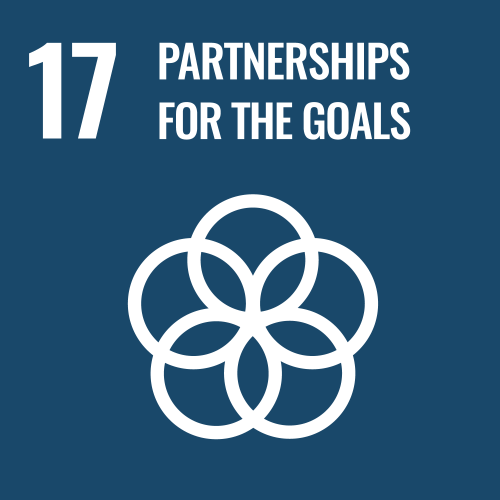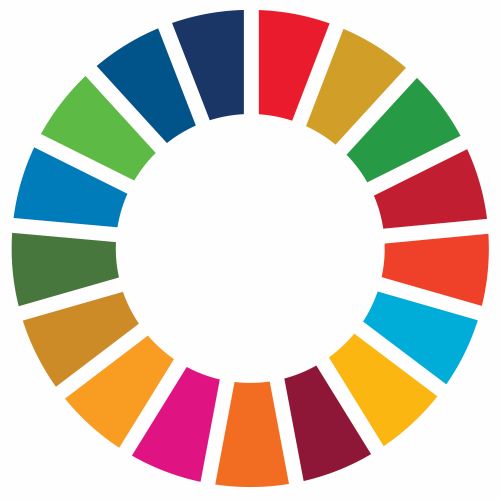
28/07/2025
Training is provided to immigration personnel from Bolivia and Chile to strengthen cooperation between the two countries in the area of immigration control.
An initiative has been carried out with the aim of strengthening binational cooperation in the area of migration control and combating transnational crimes such as human trafficking, migrant smuggling and document fraud.
Through the European programme in Bolivia on the prevention of human trafficking, smuggling of migrants and related crimes, and the European EUROFRONT programme, both managed by FIAP, the first joint training programme between Bolivia and Chile has been carried out, aimed at public migration officials from both countries.
This activity has been made possible thanks to the recent strengthening of bilateral relations, consolidated through the signing of several agreements between the Bolivian Ministry of Government and the Chilean Ministry of the Interior and Public Security.
Following a meeting between the two projects, in which lines of cooperation between the immigration institutions of both countries were defined, training sessions were held for specialists from these institutions.
The first training session took place in Chungará-Tambo Quemado, where Bolivian and Chilean immigration officials participated in joint sessions on human trafficking and document verification. Subsequently, the training moved to the Colchane–Pisiga border area in the Tarapacá region (Chile), reinforcing the lessons learned and promoting coordinated work at another strategic point on the border. Finally, specialised training was provided at the headquarters of Bolivian Migration in La Paz, aimed exclusively at Bolivian personnel and focused on institutional and operational strengthening.
This activity lays the foundations for future commitments by both programmes to the region, reaffirming their willingness to continue supporting institutions in Bolivia and Chile in capacity building, binational coordination and the development of comprehensive, secure border management that respects human rights. Cooperation between projects enhances the impact of activities through the specialised use of knowledge and the exploitation of different economies of scale, which also leads to a reduction in costs and therefore an improvement in economic efficiency.


